Since Julie's been complaining
Here, dear sister, is a post. Of randominity. Because I can do little else.
Mother is worse off than I. Subsequently cooked dinner. V. good. Pork and chicken over penne with a soupcon of white wine as a marinade. Go me. And now am uber-sleepy again. A condition that was not improved by nearly 12 hours of sleep last night. Le sigh.
Am at the end of the Hell Scene from Midsummer Night's Dream in editing. Much to my surprise, this play is zooming along. It's all still in rough copy - so some smoothing out of bits will need to be done in the next pass, but it's nice to be ploughing through it much more quickly than anticipated.
In more frustrating news, apparently the bloopers reel for this year's Passion got somehow messed up on a few of the DVD's already made. Gaaaaaaaaaaaaaaaaaaaah! And, of course not all DVD players are made equal. It's really most frustrating. You'd think they'd do something to standardize things. Bah.
I'm taking a break (gasp!) from Hamlet and have dived back into Lewis' Space Trilogy - currently making my way through Perlandra, which I do not as of right now care for as much as Out of the Silent Planet (which is also just a great title!). However, a little background on what's been read/researched for the Great Dane, because I'm an obsessive compulsive when it comes to theatre....
Laurence Olivier's Hamlet - is *great* in regards to its cinematography and intelligence. However, it lacks pace and presence and humor. Although the complete interior sililoquies bothered me at first, I respect the tradition and believe that Olivier probably used the conceit best in the film medium. However, it's simply too Freudian for my tastes - it works to distance, not draw in, the audience. Polonius was excellent (although it's difficult to completely ruin that role, when you're given such lines as "since brevity is the soul of wit...I shall be brief" and "pity 'tis, 'tis" and all sorts of longwindedness). Horatio was barely present. Ophelia was that sort of insipid virginal creature that makes one want to throw all sorts of Hot Topic regalia at her just out of sheer disgust and her disingenuous blahness. Actually, this version made me wonder what use Ophelia was at all in terms of the plot. I mean, Laertes could come home to kill Hamlet with only a father dead, and nothing in the plot would be essentially lost. UNLESS, Ophelia is central to Hamlet's heart. But I've only ever seen one version - and that by ACTER - which actually gave them a credible tenderness. (Naturally, that is the version I shall be stealing from.)
One thing that I found incredibly interesting was the placement of the "To be or not to be speech." Just when he enters, looking for all the world like a pin-up of the quintessential Hamlet, book in hand, doublet all dischevelled, with Ophelia waiting ridiculously in the wings, there's a moment of breath, which I have observed every time we come to this speech. There's a moment of both the actor and ourselves waiting, collecting ourselves, the deep breath before plunging into the - for better or for worse - most famous English sililoquy ever. The great fake-out here was that the breath happened...and then he went right into...Nymph, in thy orisons be all my sins remembered! "NO WAY!?!??!?!!!?!?!" I thought incredulously. "The beknighted blighter's just going to skip the whole bloody speech! Can it be? Can he do that? Whaaaaaaaaa??!?!?!?!?!?" Briefly, my mind shorted out. We got through the Nunnery Scene (meh). And then - whoop! We're up on a parapet staring at the back of Olivier's wig while the waves beat around Elsinore and suddenly it's "To be or not to be." Huh. Interesting.
Franco Zeffirelli's Hamlet starring Mel Gibson - not as bad as I had anticipated. I remember at the time it came out it was all sorts of derided, and I remember when we brought it in for one our movie nights shortly thereafter I grew utterly bored by Rosencrantz and Guildenstern's entrance - mostly, I believe, because Zepherelli had Hamlet go all over the top with "To be or not to be" that I was simply disgusted with what might be coming next - but upon second viewing the movie has greater pace and urgency than remembered (and more than its other filmed cousins!).
The outstanding performance, of course, is Paul Scofield as the Ghost (O! Unmittigated Rapture!) which will be wholly ripped off. It's such a joy to see a performance that completely reverses the firmly held convictions one has from studying the play outside the theatre or merely in critical context. Although I had been convinced by conversations with Sh. about her performance (the one she directed) that the Ghost is not demonic, as some have purported - mostly due to its reappearance during the Closet Scene - I had equally been convinced, in part through critical reading, through Hamlet's own hesitation, by the little we know about old Hamlet's character, by a series of poems shown me by Kristen in high school about how Gertrude was not happy with such a "warlike king," which then was solidified by Branaugh's version that supposed a previous and ongoing affair all the whilst between Claudius and Gertrude, by every other version I'd seen to this point which put the Ghost, as required by the text, in armor - in short, all of this had convinced me most firmly that Old Hamlet was a gruff man, and whatever love Hamlet bore his father it was a distant love at best, of a son who sees his father only from afar.
Scofield completely reversed that idea. His was a father who - whatever he may have been in life was now, indeed, suffering the refining fire of Purgatory. But not, as some who think that those in Purgatory despair, but rather as one who is in Purgatory who can finally see. This ghost knew his own failings in life, and finally he could repent them bitterly. Perhaps he saw how he left his home neglected in favor of battlefield honors; perhaps he now knew his son and loved him as he could not on earth; and, given this opportunity to finally see his son, he comes not as a vengeful spirit but as a spirit of absolute justice and mercy and love and sorrow for the wrongs which in life he did not right. He sees that his own downfall was in some ways just although not preordained - but he also sees the danger should Denmark remain in Claudius' hands, should Gertrude continue to steel her heart against her own complicity, and should Hamlet lose all his mirth. He comes with news of the thorny way to salvation - the way to make earth one's purgation.
Elsewise, Ophelia wasn't bad - although it seems that Helena Bonham Carter wanted to play her as rebellious, and Zeffirelli saw her more in Olivier's virginal light. Polonius, played by the inimitable Ian Holmes, was justly portrayed, although not extraordinary. Likewise, Glenn Close's Gertrude was kindly, sweet - I liked her, although I could not buy the whole Freudian subtext that Zeffirelli, clearly emulating Olivier's perception, portrayed. Whenever directors "cut Hamlet off" from relationships - which, frankly, I've seen them do in every version except, perhaps, Branaugh's - it never works and only makes every other bloody actor up there useless in terms of the plot. Hamlet isn't about one guy wandering around with a skull and wondering whether "'tis nobler in the mind to suffer the slings and arrows of outrageous fortune or to take arms against a sea of troubles and by opposing, end them" - a fellow only occasionally interrupted, Rosencrantz and Guilderstern are Dead-like, by a nonsensical plot. He IS an actor in his own plot. He HAS relationships, which although currently skewed, were not always so - nor does he long for them to remain so. He has "OF LATE [not always] lost all [his] mirth" (emp. mine, obviously). Meaning, of course, that he is naturally mirth-FULL. Bah.
As for the "To be or not to be" speech, continuing in his "omage" of all things Olivier, Zeffirelli placed it after the Nunnery scene. However, rather than a parapet, Gibson's in a crypt - not a much better devise to my mind. But that's mostly because I don't believe the speech is wholly about death. (Not that it doesn't dwell on it, but rather that Hamlet isn't all sorts of melancholy at this point. He's seeing it as a possibility and he's not sure how he feels towards it, but the idea does not consume all his mind. A potentially fatal plot, however, does.) Anywho....
Ethan Hawke's Hamlet - although this one has some interesting updates worth stealing - bugging Ophelia rather than "hiding behind the arras," Rosencrantz and Guildenstern as frat toke-smoking boys, the idea of using video cameras as a means of story-telling, the use of phones and answering machines for some of the minor speeches, the very setting in a post-modern world already awash with disconnect and malaise - nevertheless it falls utterly flat on its face. First, the play is so pulled to "shreds and patches" that the text is itself hardly discernable. Certain whole parts are removed, but the occasional odd line will be left in to no discernable purpose other than the adapter having a particular affinity for such and such a couplet. The Mousetrap and the Confessional scenes are in utter ruins. The relationship with Ophelia is much better established, although the hinting at Ophelia's drowning is done with too heavy a hand, as indeed many of the bits with Ophelia are. And there is no mirth whatsoever. Half of the jokes are removed and those which remain aren't delivered as such. The supporting cast do their best, and the fellow who plays Horatio would have made an excellent Hamlet, but the whole film is too belabored by concepts without connection. Even Liev Schreiber and Steve Zahn can't save the movie. That's not to say the Ophelia being bugged idea isn't wholly worth stealing. (Although, truth to tell, I'm a little tired of Julia Stiles sulky rendering of the "great roles" - Ophelia, Desdemona, Kate - that I've seen her in. Sulk in a leading character is not something pleasantly sustainable to any audience.)
As an example of telegraphing and over-conceptualizing, "To be or not to be" is placed in - oh, aurgh! Nmmmfph!...ppppptlpthfffffngphpt.... paaaaaaaaaaaain - a Blockbuster Store. Solely so that when Hamlet says/thinks "And enterprises of great pitch and moment/Their purposes turn awry and lose the name of action" he can turn the corner of the aisle and voila! the Action aisle! See! See! Aren't we clever?!??!?!?! See?! See!! See, he's not acting but he wants to be in action and so he's surrounded by action but not in it! See!!!! I did my dissertation on Hamlet and Mirimax gave me money and so I did this with funding from Blockbuster! Wowzers!
Oh. Kill me now. "Tis a consummation devoutly to be wished."
Richard Burton's Hamlet directed by John Gielgud - should probably have been the height of all Hamlets, right? I mean Burton as directed by one of the leading Hamlets of our century ever? But...oh, oh, oh NO! Paaaaaaaaaaaaaaaaaaaaaaain. Took me three days to get through. Playing lots of distracting Mah Jong whilst doing so. Let me put it this way: before I saw this version, I was beginning to fall into that panic which I suppose many who undertake Hamlet naturally and rightly and humbly fall into which runs something like this: "I can't do Hamlet!?!??!! What do I think I'm doing?!? I'm an idiot! I don't know anything! All my ideas are bogus. All my reading has been for naught. I can't do Shakespeare let alone his greatest work. It's straw! It's straw! It's all straw!" Then I saw Richard Burton's Hamlet and I said: "Bugger this. I can do Hamlet."
Right, right. This is what worked or was intriguing. Burton laughed a lot - good. Polonius, although his accent was grating-60's-American-everyman, was deadpan hilarious. The ghost appeared as a giant shadow projected onto the actors. That all worked.
What didn't work. Burton laughed but was otherwise soooooooo bored with everything that I think I'd have more fun punching myself in the face than be an audience to his Hamlet. Ophelia was a complete non-entity - even during the mad scene, which takes some doing, let me tell you. There was NO relationship whatsoever between Hamlet and Ophelia, which means that her going mad was really rather useless and the Nunnery scene had a feeling of having to be "got through" than anything else. Gertrude was also a nonentity, except for the Closet scene when she turned into a bucket of water and that fist that was currently employed in punching my brains out to keep them somewhere about my person and not leaking out of my ears was nearly turned on her just to get some reaction other than obnoxious and forced weeping. Most of the other actors seemed to have been plucked out of the training school at the RSC with the overblown accent but with none of the acting intelligence - with the sole exception of the Gravedigger - another role difficult to ruin. Alas, the script was also foreverlong, although I believe they did do some cutting. If so, it was three words at most. ("A play of some ten words long, my lord. But by ten words, it is too long!" as Philostrate would say.)
I don't even recall "To be or not to be." It happpened - nothing extraordinary. Other siloloquies happened - although either overdone or just got through. And Burton's voice was rather like what would happen were a chiuaua on steroids given the rights over the volume control.
I've ordered in Kevin Kline's and Kenneth Branaugh's Hamlets. The former I'm looking forward to seeing because Kline is such a great actor and of what I read of his production, it seems to have some interesting ideas which I might be able to steal and which might change my mind about some points as well. I'm looking forward, too, to seeing Branaugh's version again which - although also foreverlong, being unabridged and if anything expanded - still has more movement and mirth in it than many of the others I've seen.
As for other versions I've seen in the theatres which stick in the mind and about which I've certainly spoken, although I don't recall if I've written about, some notables are these:
What must have been an ACTER production (5 people) of Hamlet which I saw at the Masonic Temple in Steubenville, OH. Not much remains in my memory, other than the Gravedigger being excellent and someone somehow managing to pull off in one scene being both Rosencrantz and Guilderstern, and the very interesting puzzle of five actors doing a play with a potential 25 or so speaking roles. However, the sensation of the Nunnery scene struck me and stuck with me even these many years. I cannot recall each particular gesture nor at what point Hamlet knew he was being spied on, nor any of the usual particular questions put to the scene of line reading, etc. - but I was wholly convicted during the scene that Hamlet's heart was breaking, not because he was again deceived - but because he LOVED Ophelia. His "to a nunnery, go's" were always hushed, sweet - once he even kissed her and then said it into her eyes. He was betrayed on his own part, but afraid for her on her own behalf. I believed their relationship - the whole of it from its inception to this conclusion - because of how he looked at her. The current fashion, and, I imagine the usual fashion, is for Hamlet to become most abusive during this scene. But why should he take it out on her? Is he not a prince? Did he not love her once? Isn't he more self-flagellating, trying to convince himself that he hates her, rather than lashing out at he whom he loves? So, that reading of a Hamlet who loves Ophelia stays with me.
The Globe's version of Hamlet which I saw in the summer of 2000. The whole was played as though it were nothing but a comedy, which left out all of the tragical elements, but which did provide almost a refreshing "cleansing" of the mental palate of all the critical detritus that comes with this silly play. The actors approached the play as though it weren't considered the greatest masterpiece in the English language, ever - but rather was a new play by good old Will that we'll try sticking on. "To be or not to be" was actually muttered as Hamlet walked on-stage, so that it wasn't until somewhere around "slings and arrows" that anyone in the audience realized we'd come to that speech. They also followed the conceit that Hamlet was more like a Richard II or a Touchstone who ponders the nature of each man as an actor unknowing within a drama. So their Hamlet was wondering whether he ought to "be" an actor - run away with the circus, as it were - or not. There's certainly a touch of Richard's "sometimes I think I am king [and so I am]...and then I am unkinged...and then I am made king again" within Hamlet - but I don't think Hamlet is considering whether to get an agent any time soon. More, he realizes his own part, as Touchstone does, as the world as a stage, or as Macbeth laments, "one who struts and frets his hour across the stage."
From this production, too, my ideas of Gertrude were challenged - not from the production but rather from our meeting with the fellow who played Horatio, I think it was. He said that when the whole cast went to a castle for a weekend and played out the play in "real time," the actress who played Gertrude realized that she watches Ophelia drown, but does nothing to stop it. Which, myself having a morbid streak when it comes to character development and personal demons in order to up the stakes a la Stanislavski, led me to think: True. Why does Gertrude see in such detail Ophelia's drowning when she might at any moment have gone in or ordered in fellows to save Ophelia. Unless, of course, she wants Ophelia dead. Because, I can't imagine that she was wholly out of the plot to kill her first husband - athough, I doubt she did the deed herself. So, being so desirous to keep Hamlet to herself - forbidding him to go back to college, living by him as Claudius says, being solely swayed by him and none else in the Closet scene - why should she not have some Queen Bee jealousy of this upstart Ophelia? And why, in such a court as this where almost no one is telling the truth, should Gertrude be the sole exception? She has a guilty conscience - she doesn't want to look at Ophelia once Hamlet's out of the picture, the Player Queen "protests too much" - so mightn't she take that final step to have Ophelia simply...put out of the picture? Anyway, I'm going to play her so.
Ralph Feinnes' Hamlet which had the MOMENT of revealing Hamlet on the stage all sorts of great-coated and backlit and FWAH. The power of his Hamlet was...well, majestic. And then the moment when he called out in ringing, anguished tones, "I LOVED OPHELIA!" Fwah fwah fwah. Surprisingly, the ghost on the parapets scenes were also really engaging - I've no idea why in hindsight, other than the actors must simply have given it their all rather than sulking that they'd gotten Bernardo, Francesco and Marcellus. (Huh - St. Bernard, Francis and Mark.... The first two in particular, how interesting....)
This past summer's Hamlet on the Common. The use of search lights when looking for Hamlet was great, and Hamlet's ability to turn on a dime was wonderful. Not much else do I want to take from it, though. Their Hamlet was good - no doubt of it - but too dour and set of face. Hamlet ought to be more fluid in feature, to my mind.
And lest I forget, the Complete Works of Shakespeare (Abridged) which I saw live in Portsmouth, NH a few times and which DVD I now own, is, in some ways, the best version of Hamlet I've seen. Although their "Psyche of Ophelia" section goes on too long to no particular avail IMNSHO, everything else is spot on. I particularly love their "To be or not to be" which decimates the tradition of the breath by having it go on FOREVER, so much so that the fellow playing Hamlet breaks down and can't do the speech at all because there's so much pressure! And then the main fellow, who plays all the female roles, and who originated the play, comes out and - almost without emotion - recites the "What a noble piece of work is man" speech - which draws us all in, which sweeps us along with the words, which makes itself completely comprehensible, which breaks our heart solely by allowing the Bard to do his work upon us all. Oh, and then they do the play faster and faster and backwards. Can it get better?
But now I must to upstairs. New Lost and Alias on tonight. Oh, the joy and rapture! And hopefully the sleep soon after.
Mood: SchlaaaaaaaaaaaaaFEN!
Music: "Wild Horses" a la the first Buffy soundtrack
Thought: I really can't remember when last I was ill.
Here, dear sister, is a post. Of randominity. Because I can do little else.
One thing that I found incredibly interesting was the placement of the "To be or not to be speech." Just when he enters, looking for all the world like a pin-up of the quintessential Hamlet, book in hand, doublet all dischevelled, with Ophelia waiting ridiculously in the wings, there's a moment of breath, which I have observed every time we come to this speech. There's a moment of both the actor and ourselves waiting, collecting ourselves, the deep breath before plunging into the - for better or for worse - most famous English sililoquy ever. The great fake-out here was that the breath happened...and then he went right into...Nymph, in thy orisons be all my sins remembered! "NO WAY!?!??!?!!!?!?!" I thought incredulously. "The beknighted blighter's just going to skip the whole bloody speech! Can it be? Can he do that? Whaaaaaaaaa??!?!?!?!?!?" Briefly, my mind shorted out. We got through the Nunnery Scene (meh). And then - whoop! We're up on a parapet staring at the back of Olivier's wig while the waves beat around Elsinore and suddenly it's "To be or not to be." Huh. Interesting.
The outstanding performance, of course, is Paul Scofield as the Ghost (O! Unmittigated Rapture!) which will be wholly ripped off. It's such a joy to see a performance that completely reverses the firmly held convictions one has from studying the play outside the theatre or merely in critical context. Although I had been convinced by conversations with Sh. about her performance (the one she directed) that the Ghost is not demonic, as some have purported - mostly due to its reappearance during the Closet Scene - I had equally been convinced, in part through critical reading, through Hamlet's own hesitation, by the little we know about old Hamlet's character, by a series of poems shown me by Kristen in high school about how Gertrude was not happy with such a "warlike king," which then was solidified by Branaugh's version that supposed a previous and ongoing affair all the whilst between Claudius and Gertrude, by every other version I'd seen to this point which put the Ghost, as required by the text, in armor - in short, all of this had convinced me most firmly that Old Hamlet was a gruff man, and whatever love Hamlet bore his father it was a distant love at best, of a son who sees his father only from afar.
Scofield completely reversed that idea. His was a father who - whatever he may have been in life was now, indeed, suffering the refining fire of Purgatory. But not, as some who think that those in Purgatory despair, but rather as one who is in Purgatory who can finally see. This ghost knew his own failings in life, and finally he could repent them bitterly. Perhaps he saw how he left his home neglected in favor of battlefield honors; perhaps he now knew his son and loved him as he could not on earth; and, given this opportunity to finally see his son, he comes not as a vengeful spirit but as a spirit of absolute justice and mercy and love and sorrow for the wrongs which in life he did not right. He sees that his own downfall was in some ways just although not preordained - but he also sees the danger should Denmark remain in Claudius' hands, should Gertrude continue to steel her heart against her own complicity, and should Hamlet lose all his mirth. He comes with news of the thorny way to salvation - the way to make earth one's purgation.
Elsewise, Ophelia wasn't bad - although it seems that Helena Bonham Carter wanted to play her as rebellious, and Zeffirelli saw her more in Olivier's virginal light. Polonius, played by the inimitable Ian Holmes, was justly portrayed, although not extraordinary. Likewise, Glenn Close's Gertrude was kindly, sweet - I liked her, although I could not buy the whole Freudian subtext that Zeffirelli, clearly emulating Olivier's perception, portrayed. Whenever directors "cut Hamlet off" from relationships - which, frankly, I've seen them do in every version except, perhaps, Branaugh's - it never works and only makes every other bloody actor up there useless in terms of the plot. Hamlet isn't about one guy wandering around with a skull and wondering whether "'tis nobler in the mind to suffer the slings and arrows of outrageous fortune or to take arms against a sea of troubles and by opposing, end them" - a fellow only occasionally interrupted, Rosencrantz and Guilderstern are Dead-like, by a nonsensical plot. He IS an actor in his own plot. He HAS relationships, which although currently skewed, were not always so - nor does he long for them to remain so. He has "OF LATE [not always] lost all [his] mirth" (emp. mine, obviously). Meaning, of course, that he is naturally mirth-FULL. Bah.
As for the "To be or not to be" speech, continuing in his "omage" of all things Olivier, Zeffirelli placed it after the Nunnery scene. However, rather than a parapet, Gibson's in a crypt - not a much better devise to my mind. But that's mostly because I don't believe the speech is wholly about death. (Not that it doesn't dwell on it, but rather that Hamlet isn't all sorts of melancholy at this point. He's seeing it as a possibility and he's not sure how he feels towards it, but the idea does not consume all his mind. A potentially fatal plot, however, does.) Anywho....
As an example of telegraphing and over-conceptualizing, "To be or not to be" is placed in - oh, aurgh! Nmmmfph!...ppppptlpthfffffngphpt.... paaaaaaaaaaaain - a Blockbuster Store. Solely so that when Hamlet says/thinks "And enterprises of great pitch and moment/Their purposes turn awry and lose the name of action" he can turn the corner of the aisle and voila! the Action aisle! See! See! Aren't we clever?!??!?!?! See?! See!! See, he's not acting but he wants to be in action and so he's surrounded by action but not in it! See!!!! I did my dissertation on Hamlet and Mirimax gave me money and so I did this with funding from Blockbuster! Wowzers!
Oh. Kill me now. "Tis a consummation devoutly to be wished."
Right, right. This is what worked or was intriguing. Burton laughed a lot - good. Polonius, although his accent was grating-60's-American-everyman, was deadpan hilarious. The ghost appeared as a giant shadow projected onto the actors. That all worked.
What didn't work. Burton laughed but was otherwise soooooooo bored with everything that I think I'd have more fun punching myself in the face than be an audience to his Hamlet. Ophelia was a complete non-entity - even during the mad scene, which takes some doing, let me tell you. There was NO relationship whatsoever between Hamlet and Ophelia, which means that her going mad was really rather useless and the Nunnery scene had a feeling of having to be "got through" than anything else. Gertrude was also a nonentity, except for the Closet scene when she turned into a bucket of water and that fist that was currently employed in punching my brains out to keep them somewhere about my person and not leaking out of my ears was nearly turned on her just to get some reaction other than obnoxious and forced weeping. Most of the other actors seemed to have been plucked out of the training school at the RSC with the overblown accent but with none of the acting intelligence - with the sole exception of the Gravedigger - another role difficult to ruin. Alas, the script was also foreverlong, although I believe they did do some cutting. If so, it was three words at most. ("A play of some ten words long, my lord. But by ten words, it is too long!" as Philostrate would say.)
I don't even recall "To be or not to be." It happpened - nothing extraordinary. Other siloloquies happened - although either overdone or just got through. And Burton's voice was rather like what would happen were a chiuaua on steroids given the rights over the volume control.
From this production, too, my ideas of Gertrude were challenged - not from the production but rather from our meeting with the fellow who played Horatio, I think it was. He said that when the whole cast went to a castle for a weekend and played out the play in "real time," the actress who played Gertrude realized that she watches Ophelia drown, but does nothing to stop it. Which, myself having a morbid streak when it comes to character development and personal demons in order to up the stakes a la Stanislavski, led me to think: True. Why does Gertrude see in such detail Ophelia's drowning when she might at any moment have gone in or ordered in fellows to save Ophelia. Unless, of course, she wants Ophelia dead. Because, I can't imagine that she was wholly out of the plot to kill her first husband - athough, I doubt she did the deed herself. So, being so desirous to keep Hamlet to herself - forbidding him to go back to college, living by him as Claudius says, being solely swayed by him and none else in the Closet scene - why should she not have some Queen Bee jealousy of this upstart Ophelia? And why, in such a court as this where almost no one is telling the truth, should Gertrude be the sole exception? She has a guilty conscience - she doesn't want to look at Ophelia once Hamlet's out of the picture, the Player Queen "protests too much" - so mightn't she take that final step to have Ophelia simply...put out of the picture? Anyway, I'm going to play her so.
But now I must to upstairs. New Lost and Alias on tonight. Oh, the joy and rapture! And hopefully the sleep soon after.
Mood: SchlaaaaaaaaaaaaaFEN!
Music: "Wild Horses" a la the first Buffy soundtrack
Thought: I really can't remember when last I was ill.
 The sporadic ramblings of Emily C. A. Snyder - devoted to God, theatre, writing, and much randominity.
The sporadic ramblings of Emily C. A. Snyder - devoted to God, theatre, writing, and much randominity.
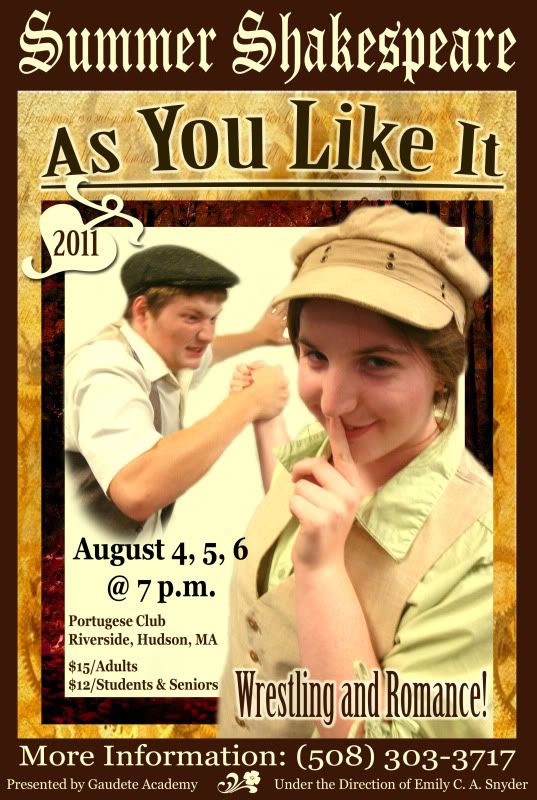
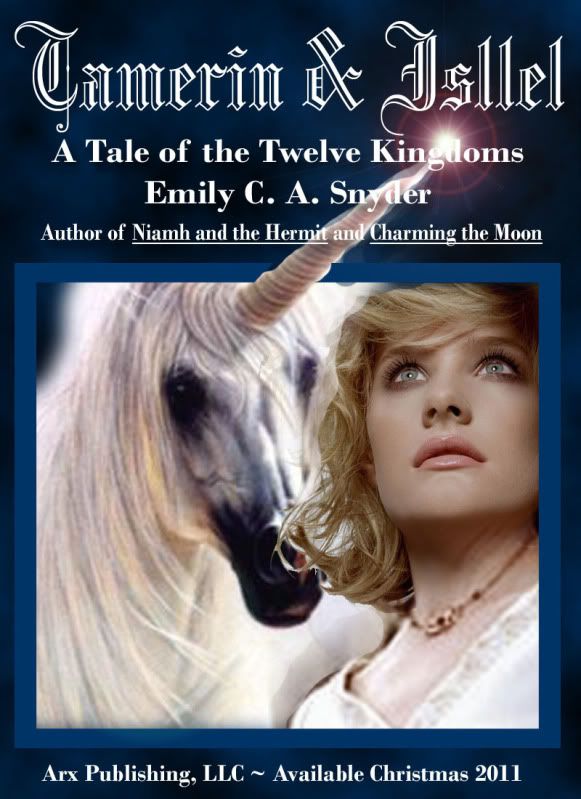
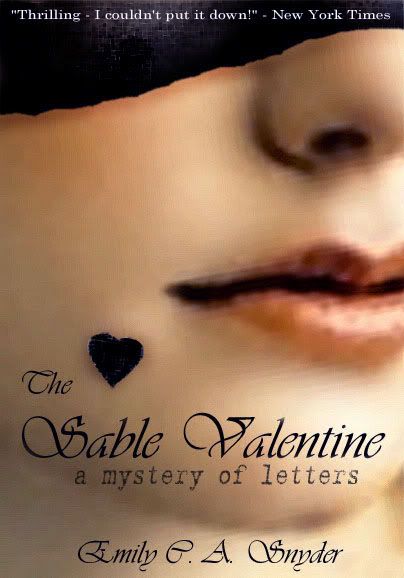


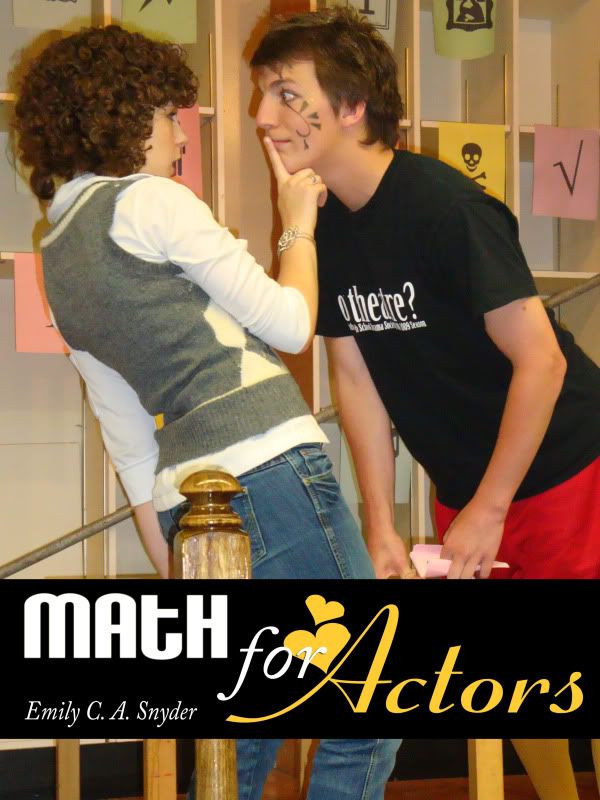


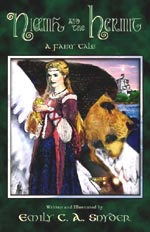
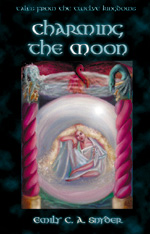

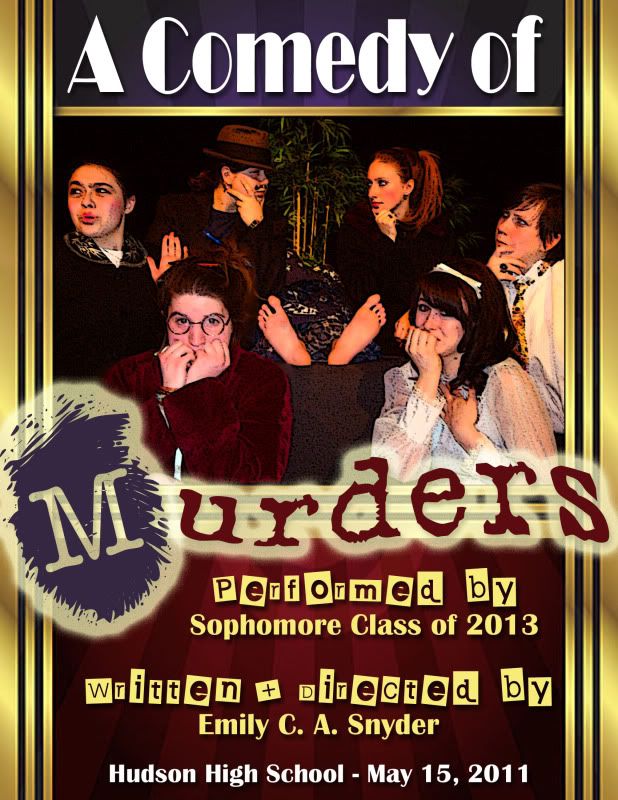
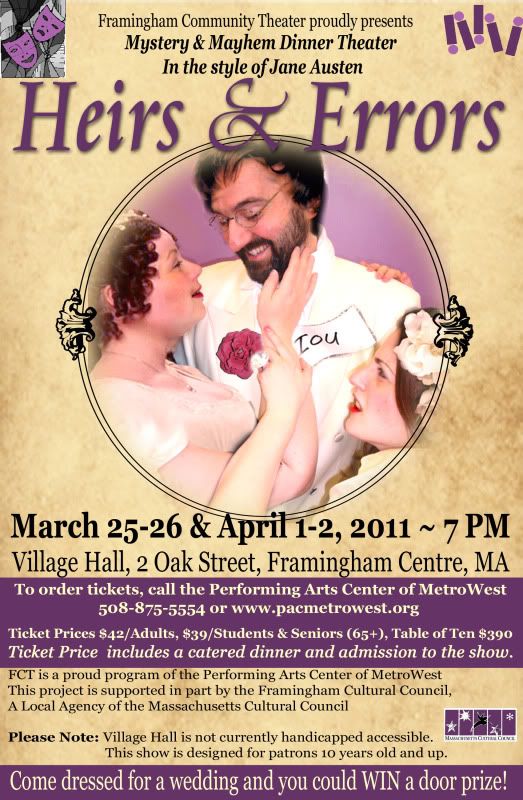

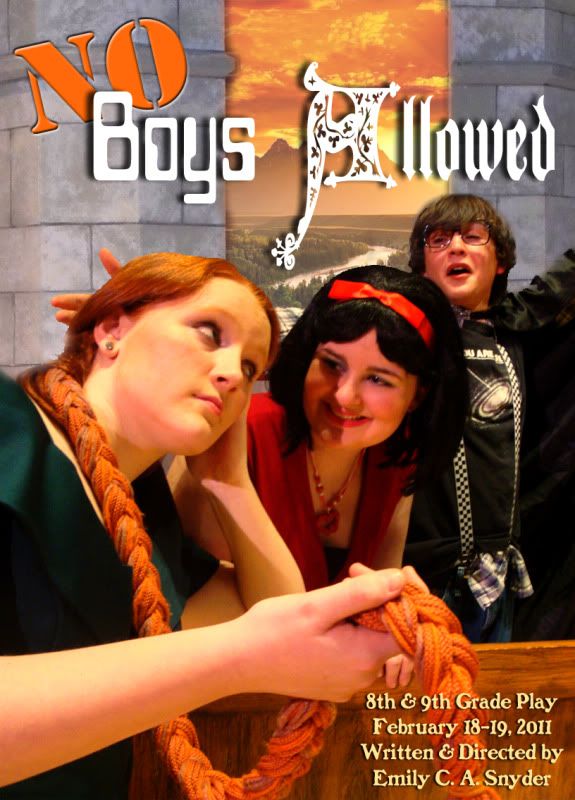
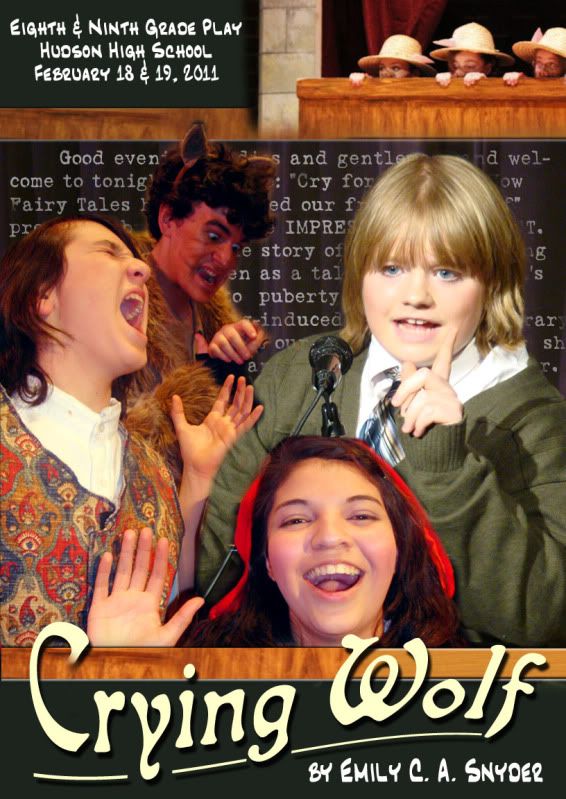
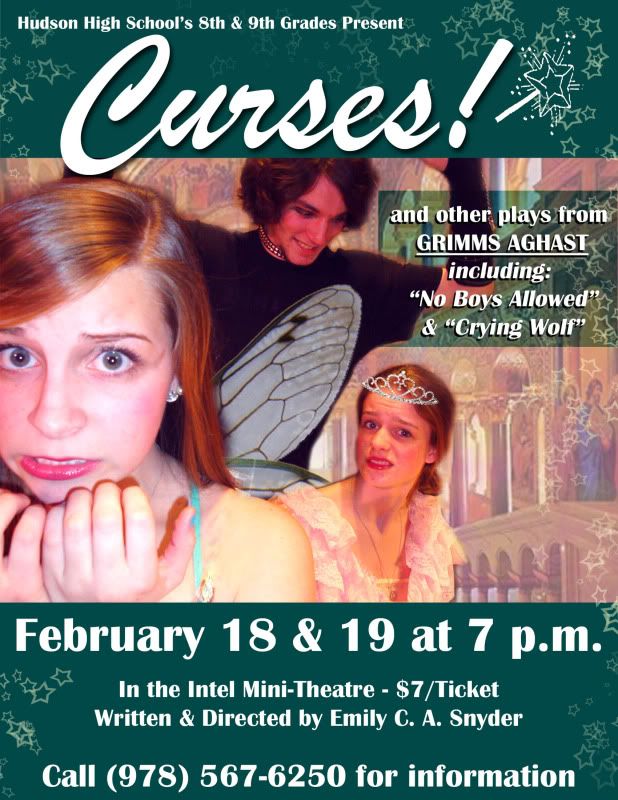
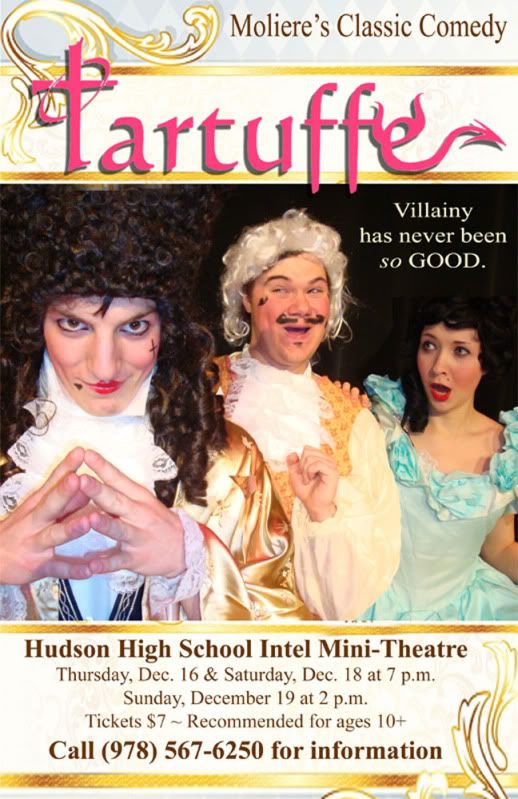
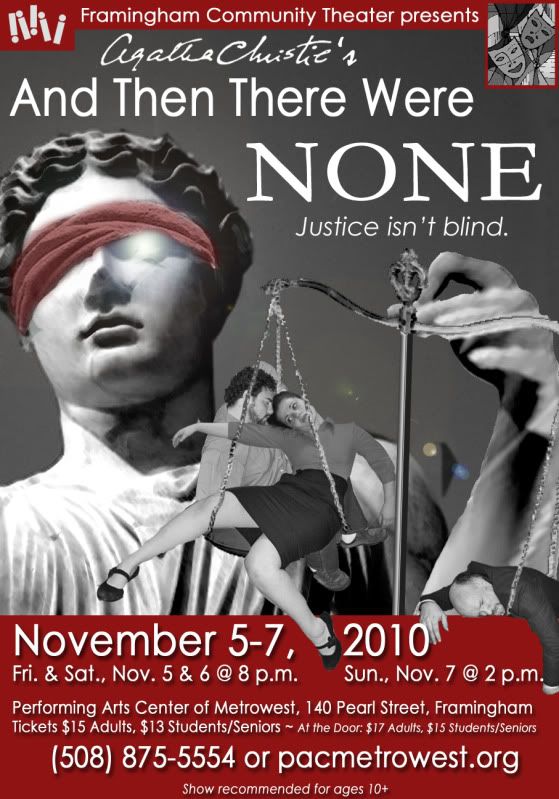
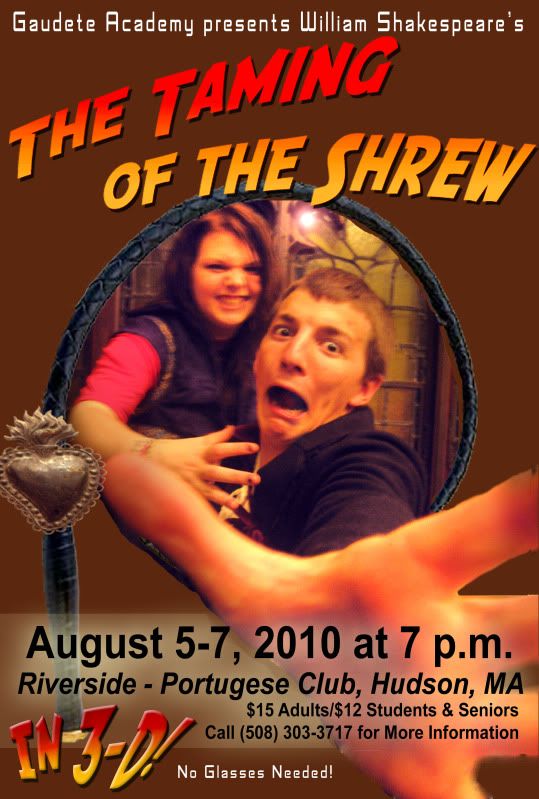
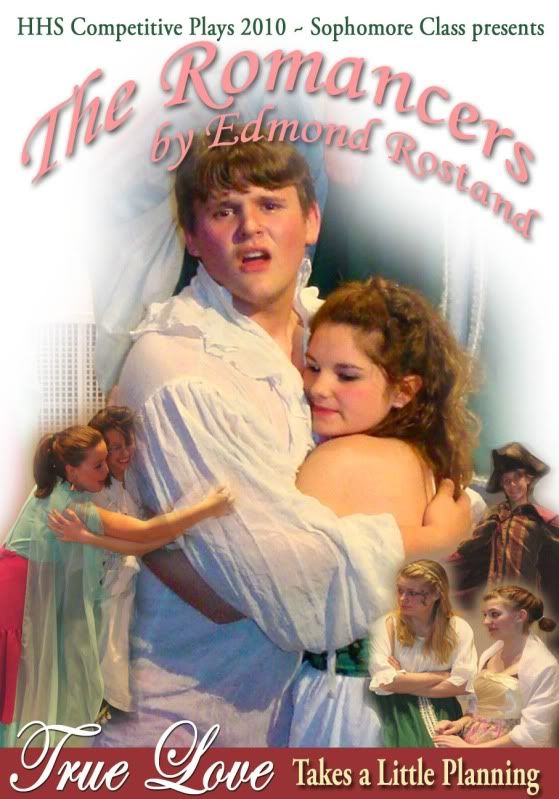
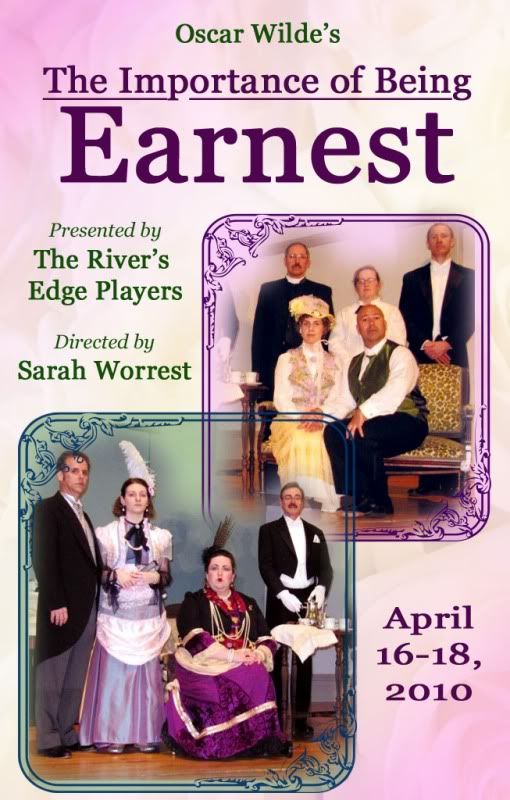
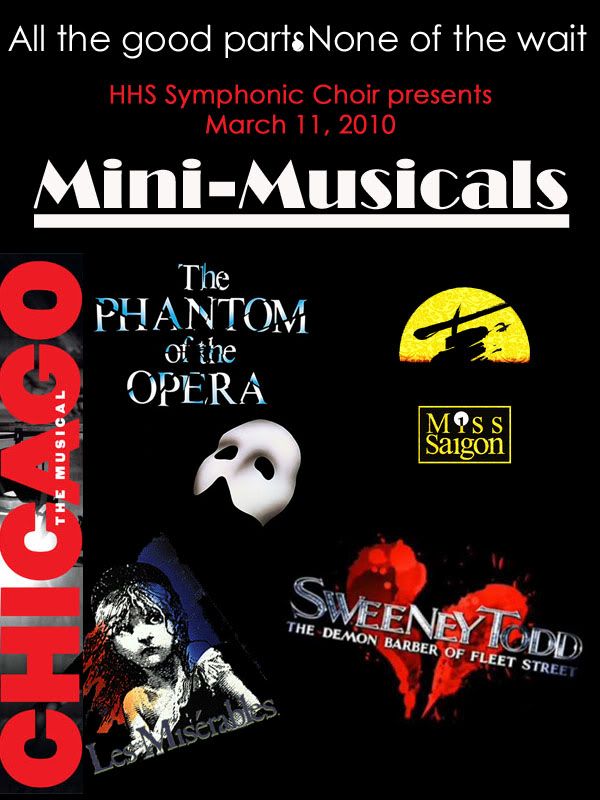
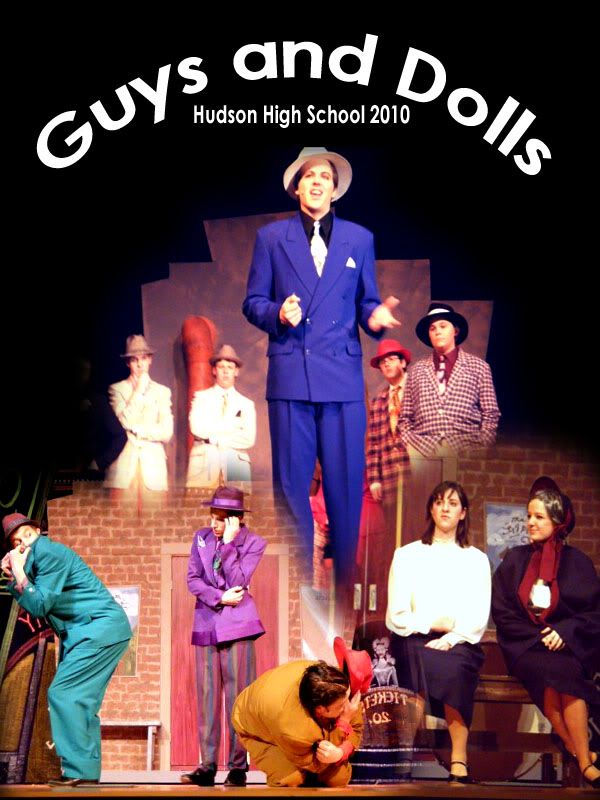
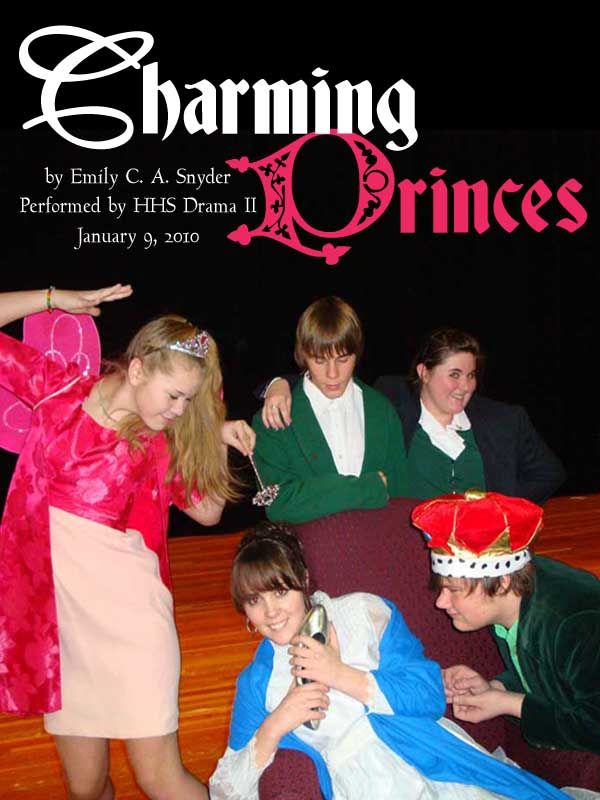

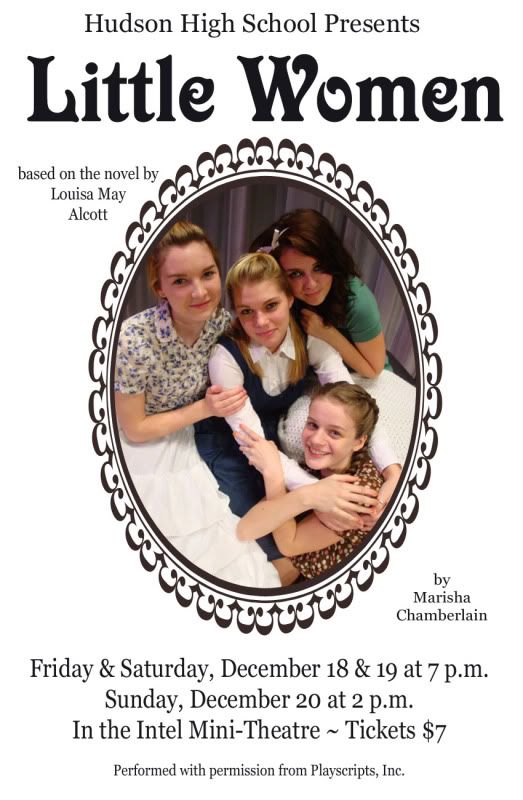
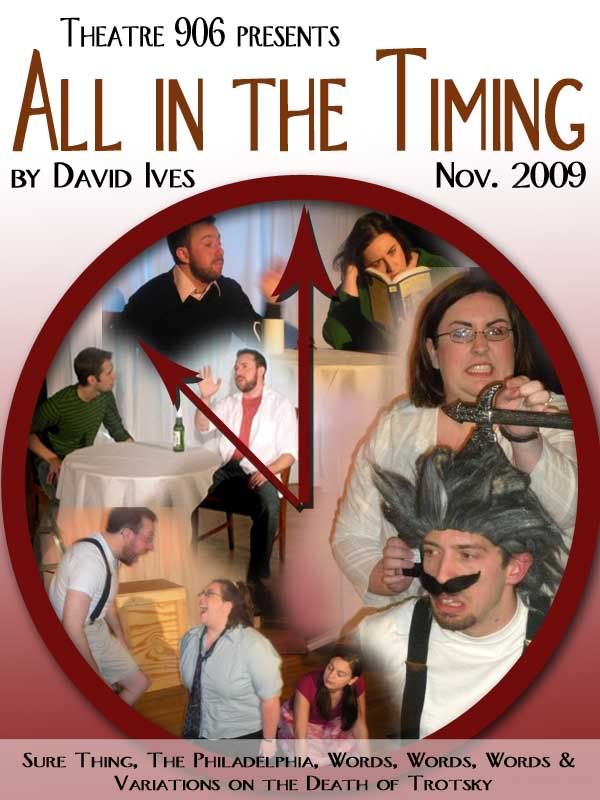
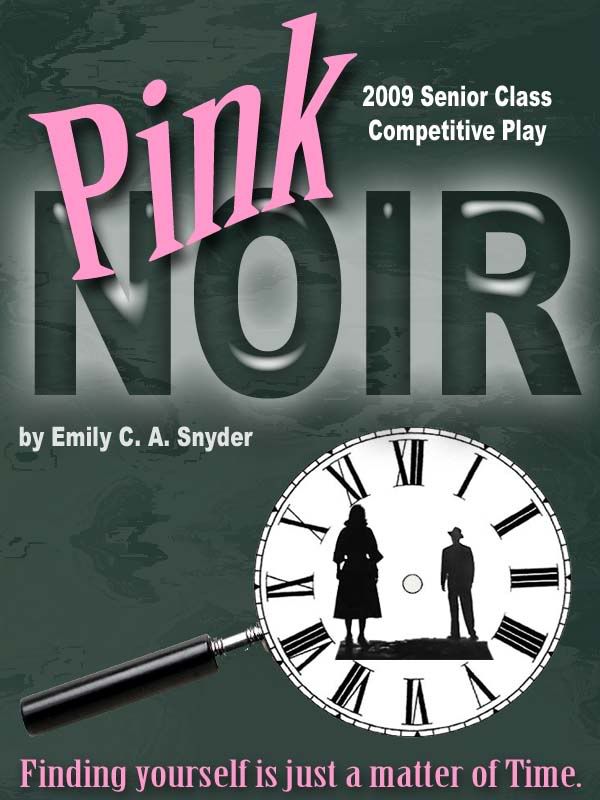
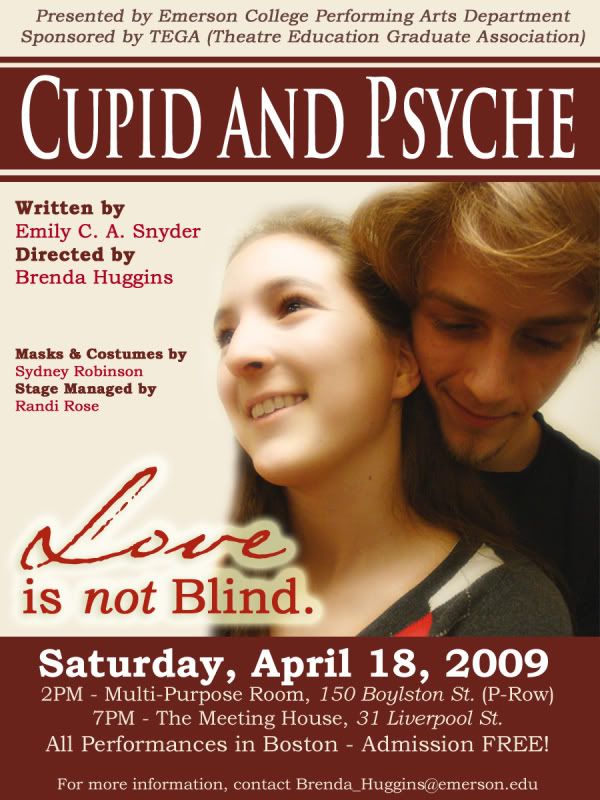
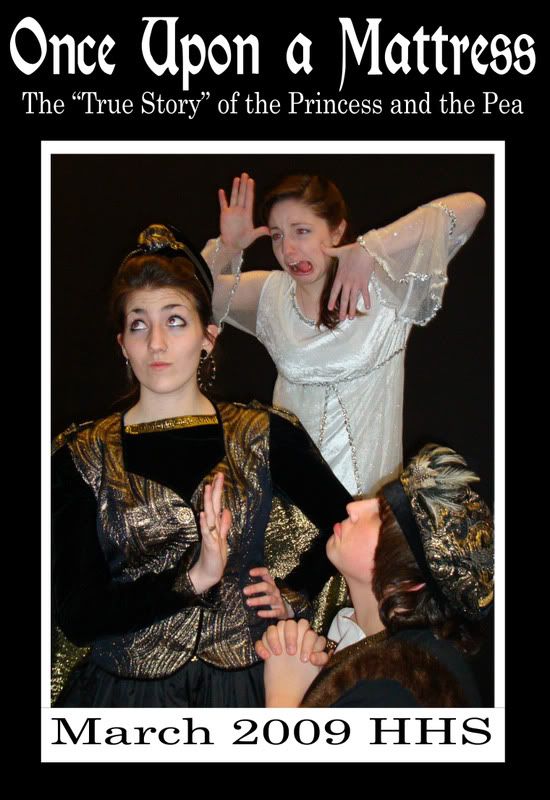
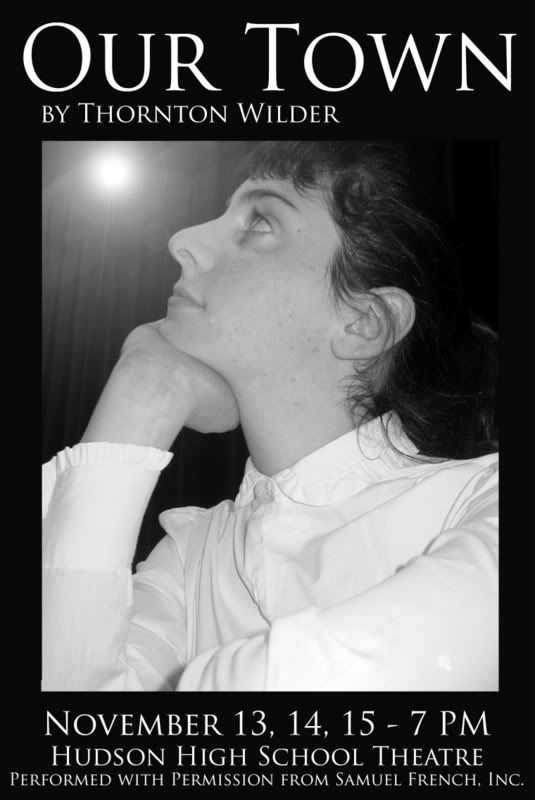
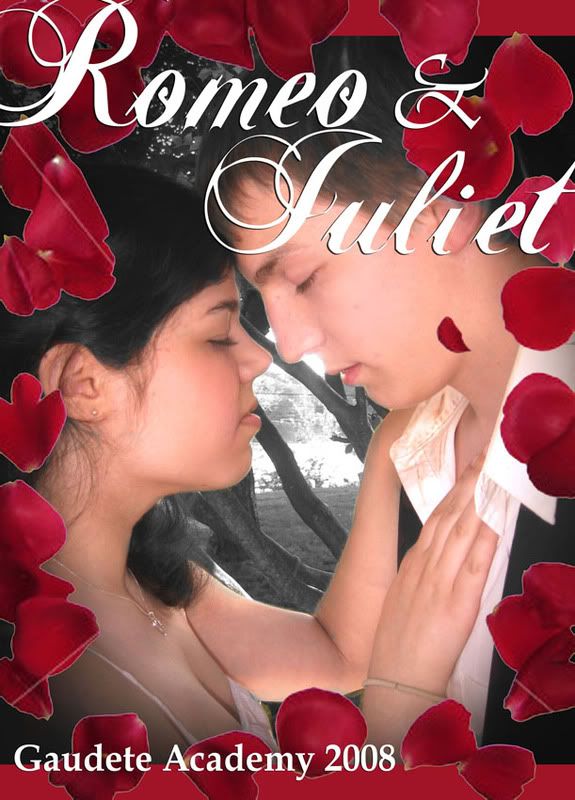
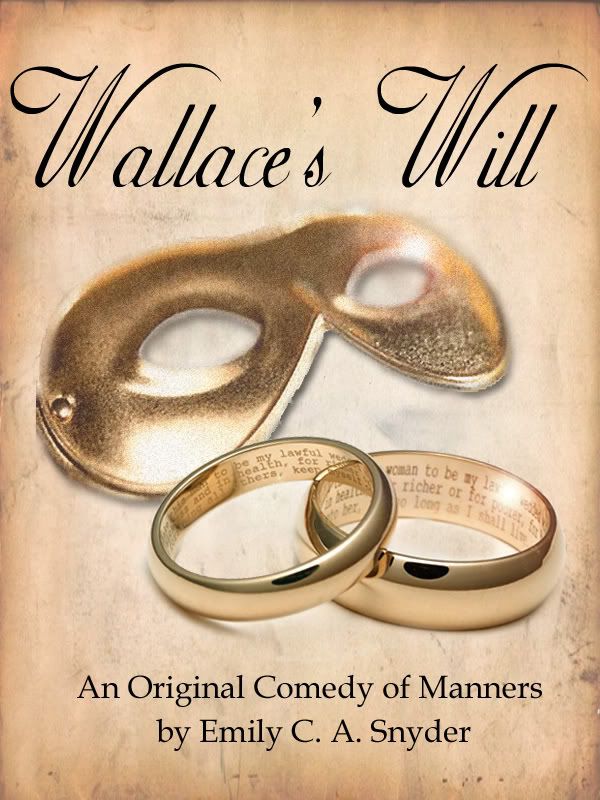

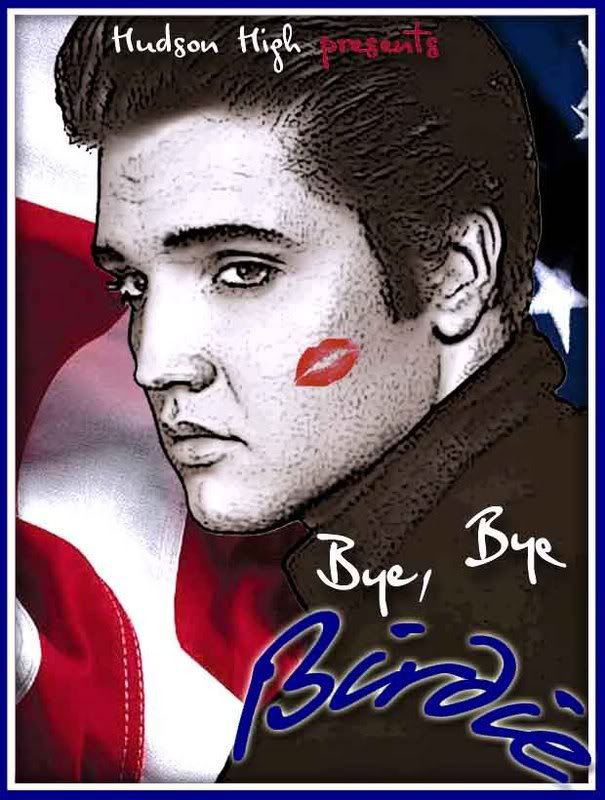
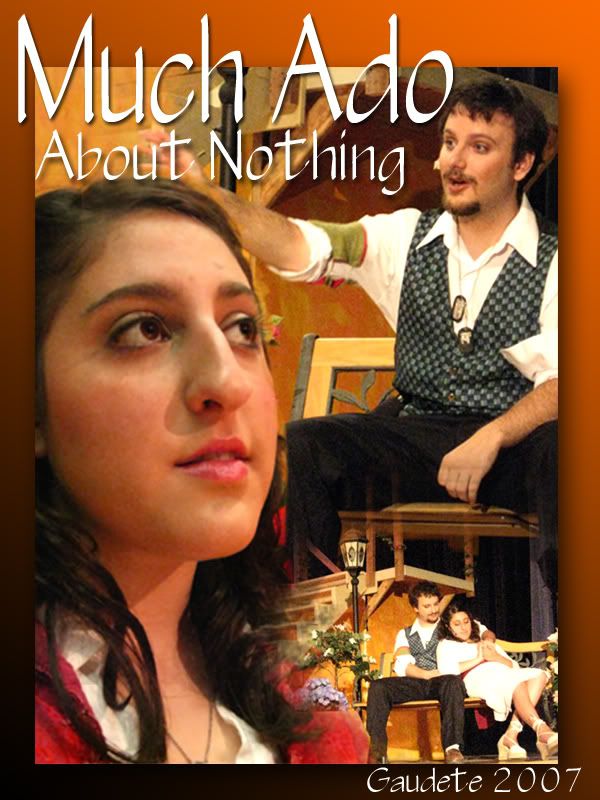
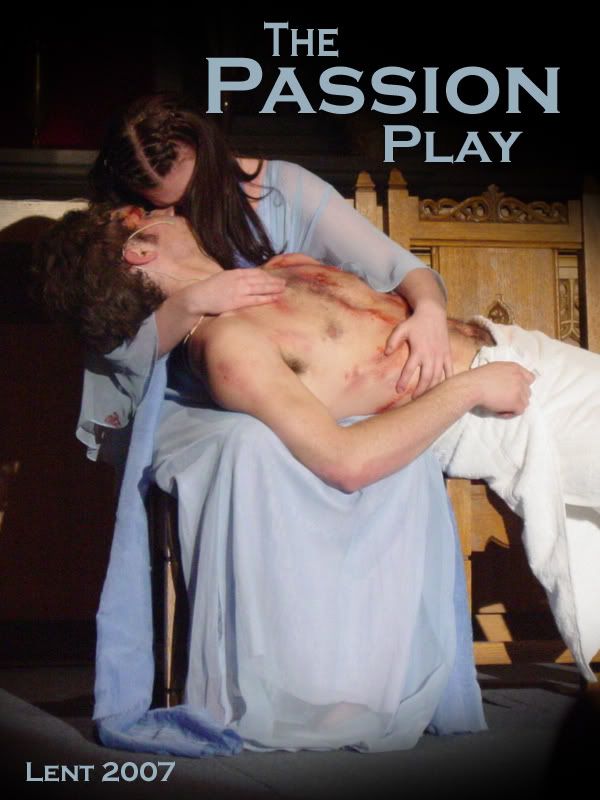
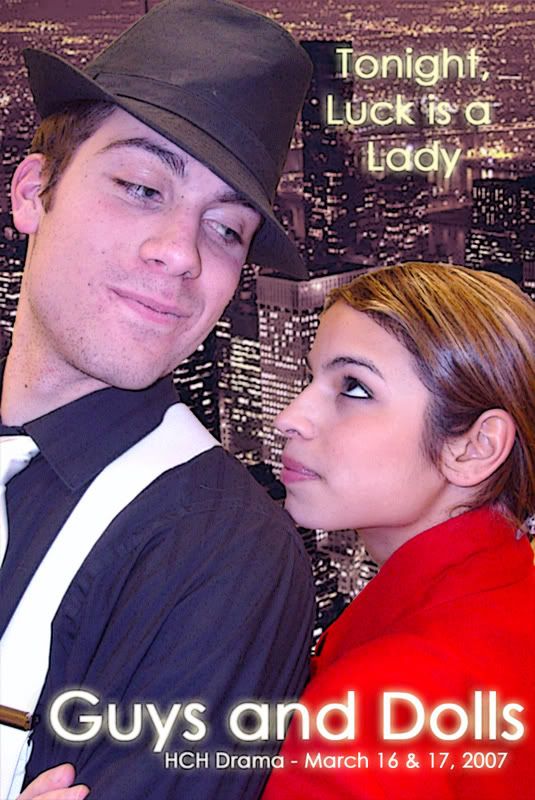
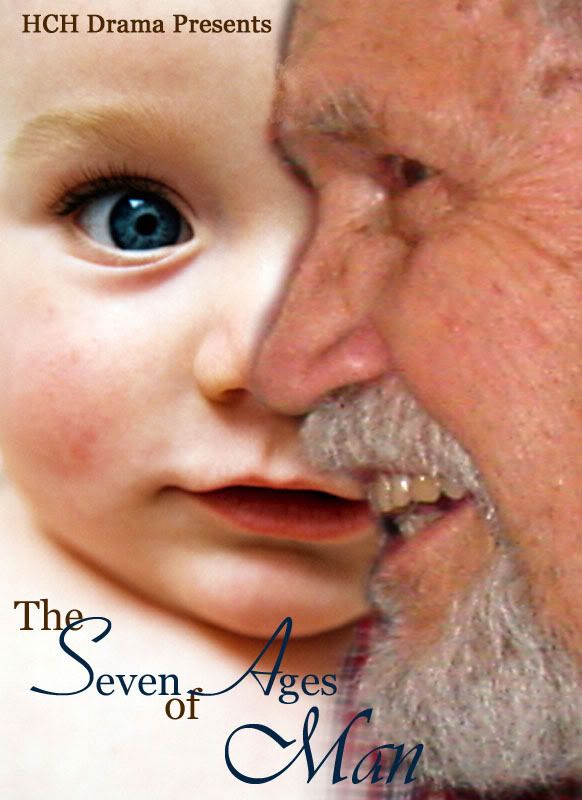

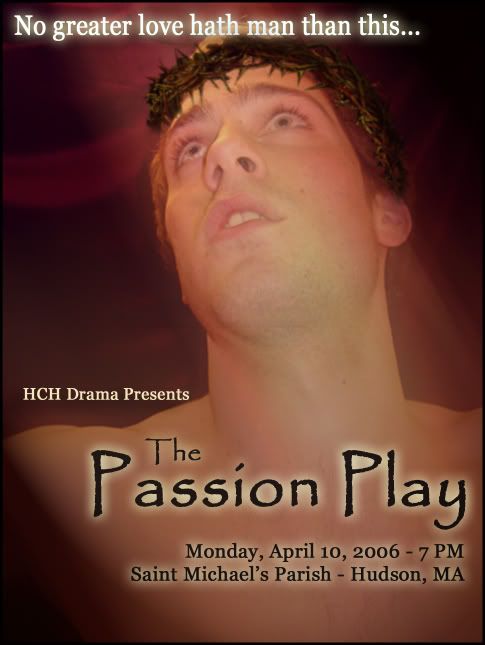
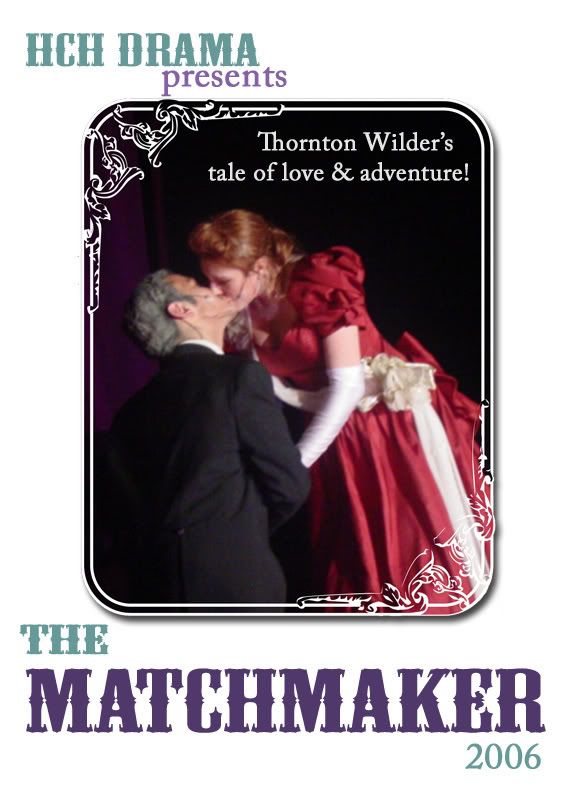


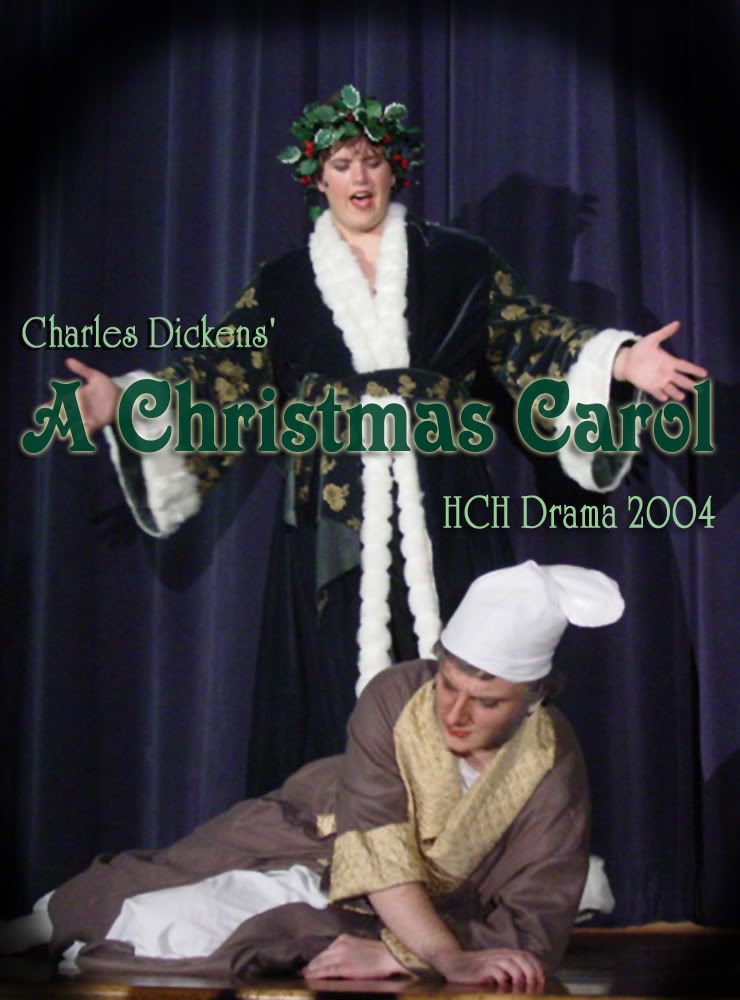

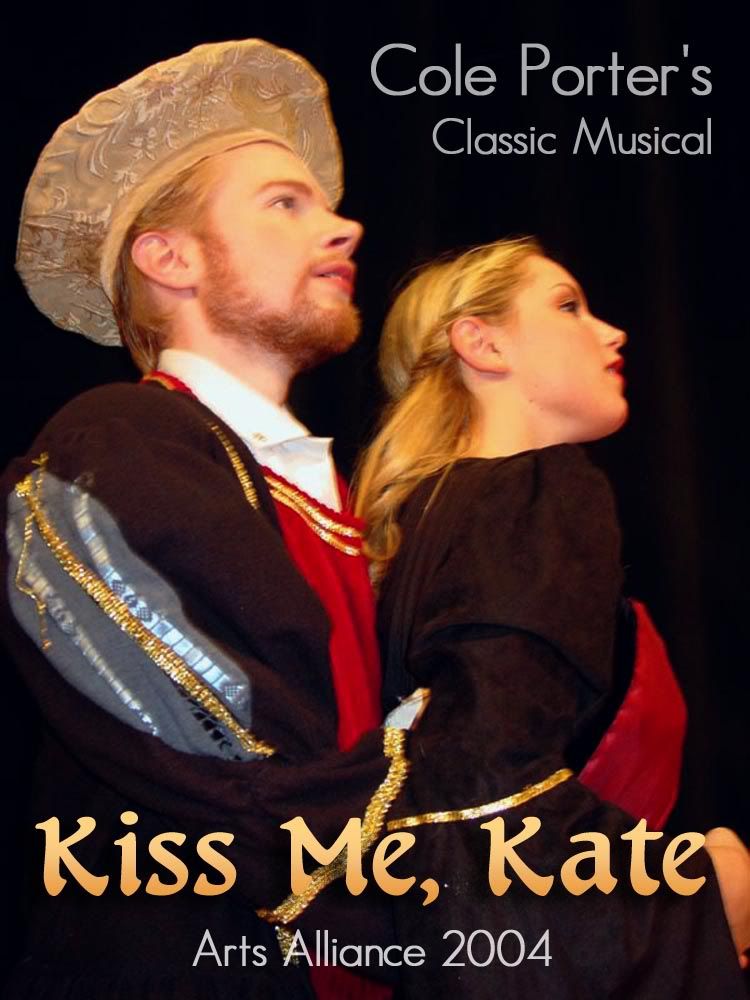

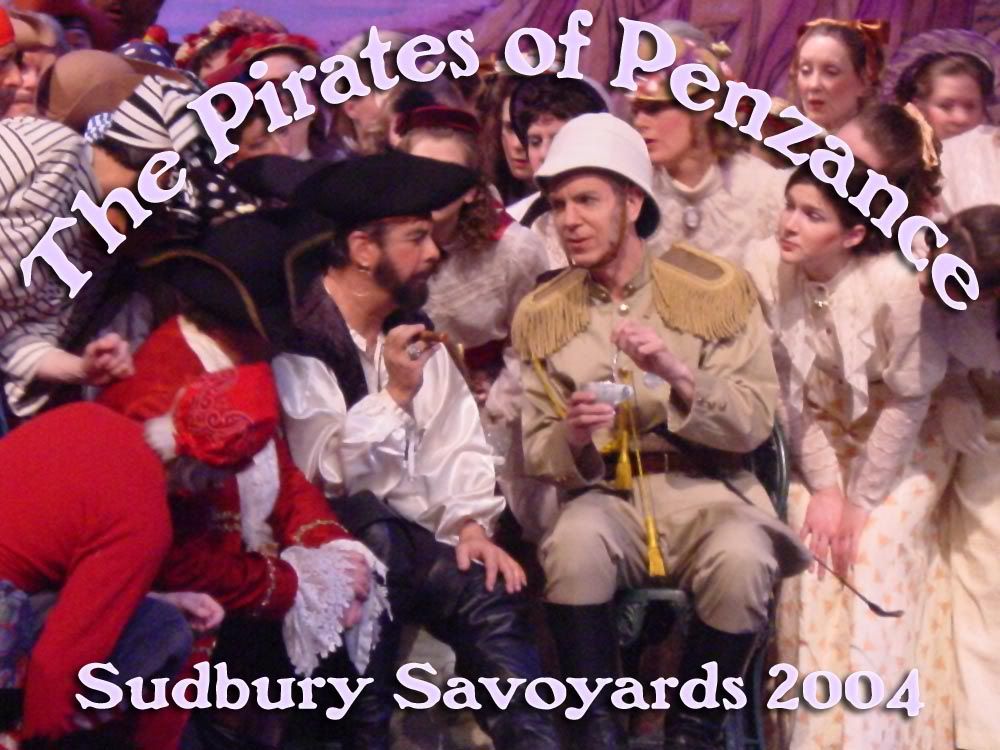
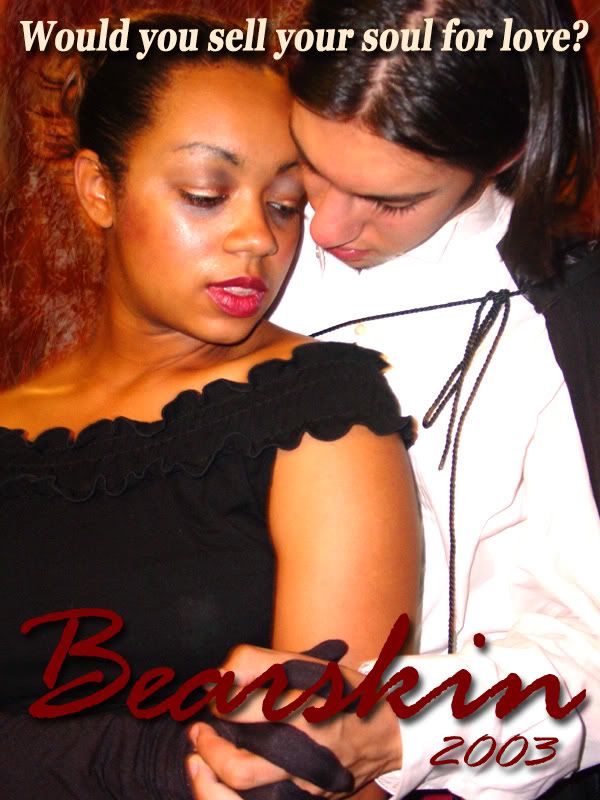
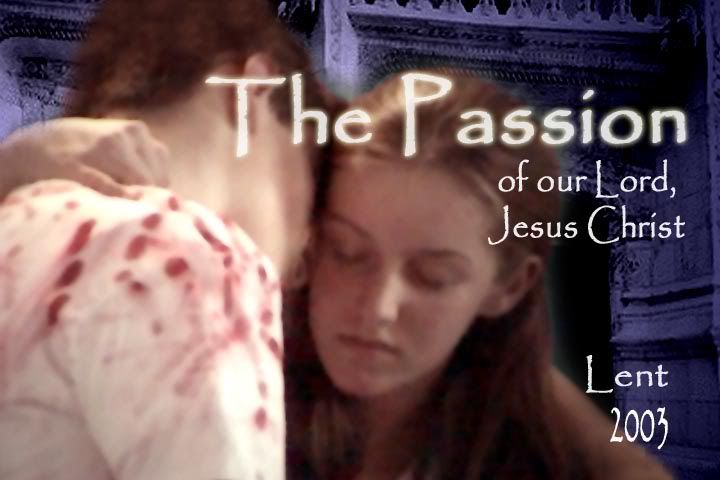

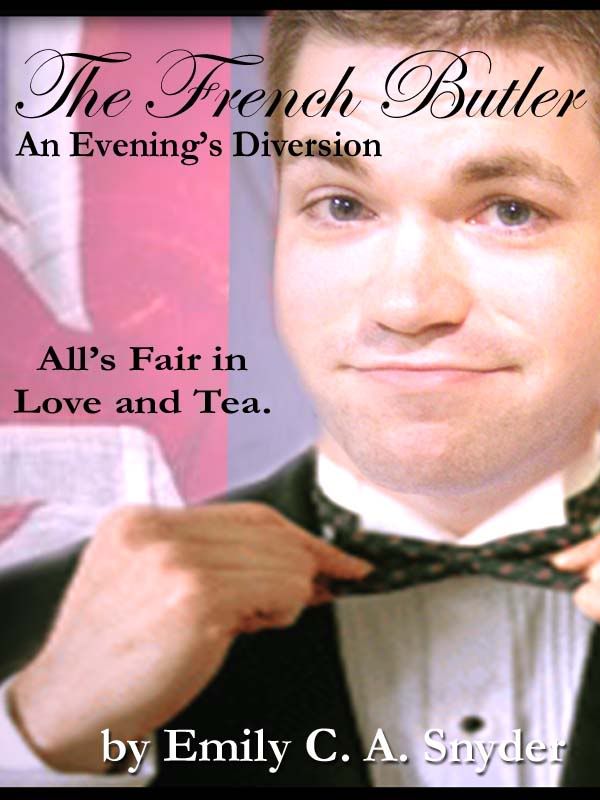
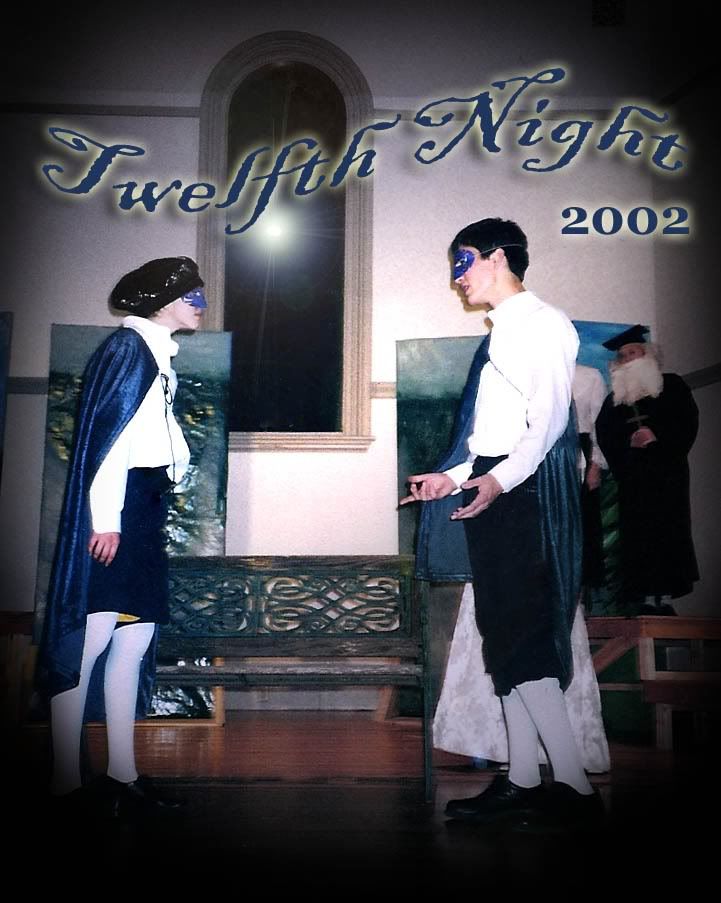
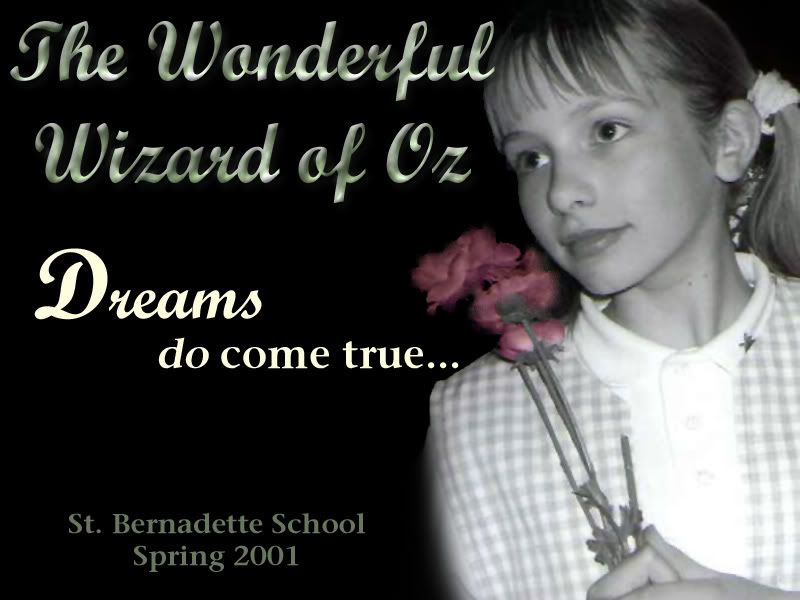
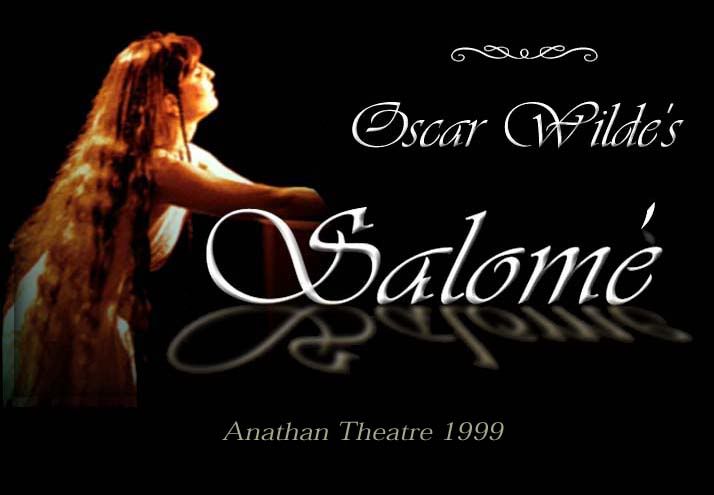


2 Comments:
I thought you said you were taking a BREAK from Hamlet. Then you divulge all the secrets of said break. ;)
*hugs*
Tush, tush. I did take a break. It just wasn't a LONG break. %P
Post a Comment
<< Home